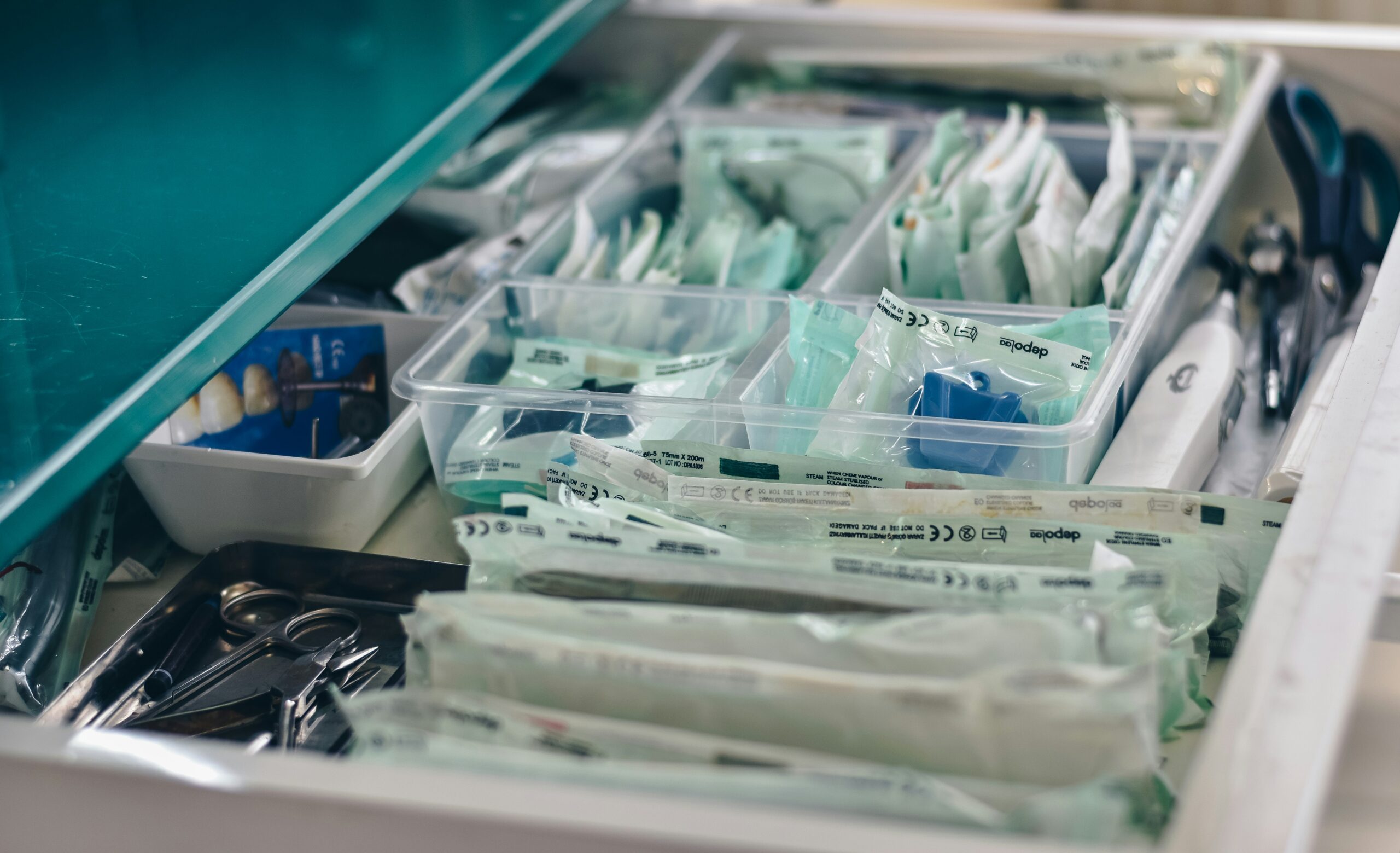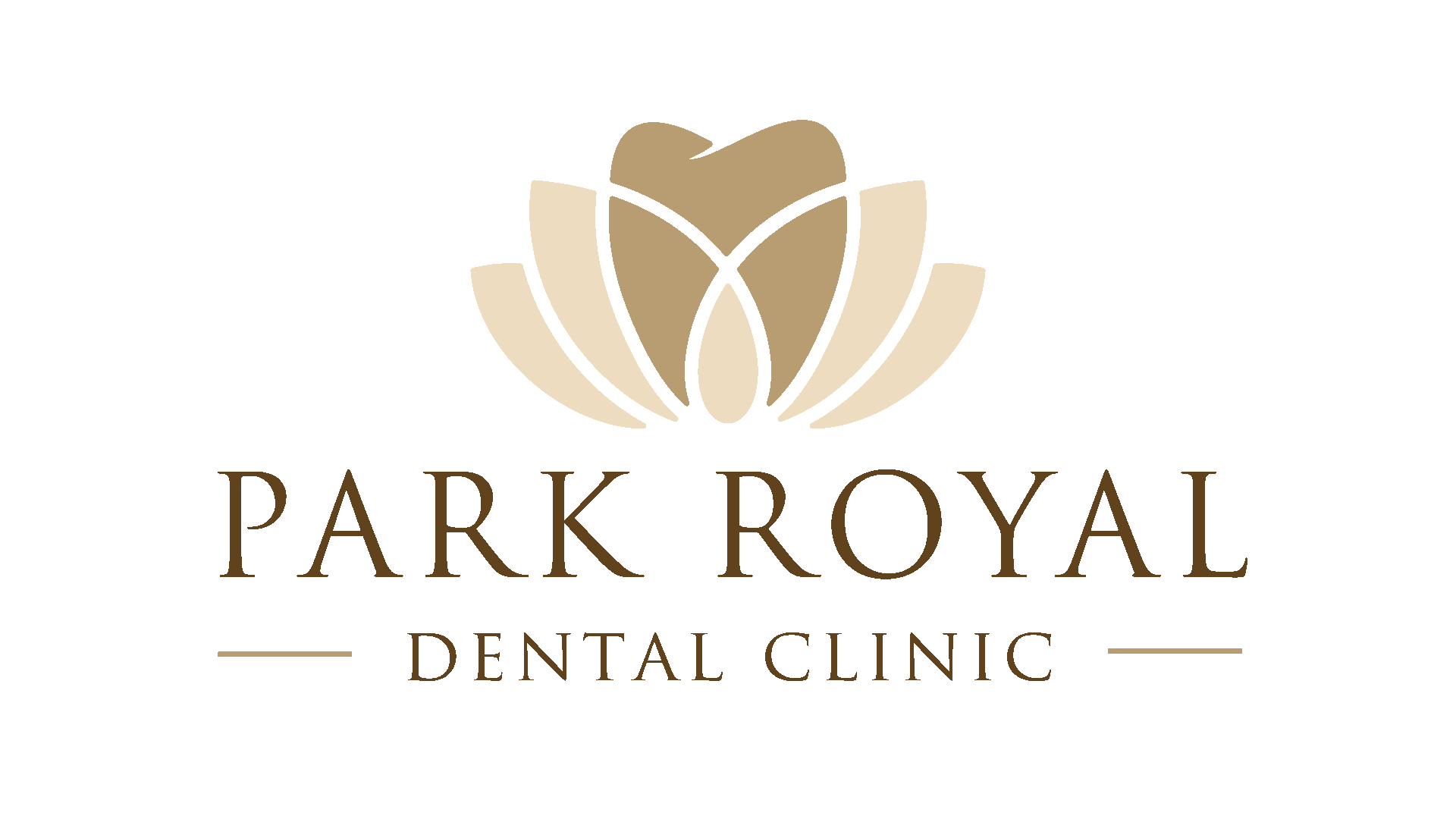Understanding Dental Anxiety
Dental anxiety is a common phenomenon characterised by feelings of apprehension, stress, or fear regarding dental procedures. For many people, the thought of visiting a dentist can provoke significant unease, which may be attributed to various factors. Common causes of dental anxiety include past negative experiences, fear of pain, and the overwhelming sound of dental equipment. Such fears can lead to avoidance behaviour, causing individuals to postpone or entirely forgo necessary dental care.
The prevalence of dental anxiety is notable, with studies suggesting that approximately 9% to 20% of adults experience a significant level of anxiety when it comes to dental visits. This statistic signifies that individuals struggling with these feelings are not alone, and many share similar experiences. Understanding dental anxiety is crucial as it highlights the need for effective communication between patients and dental professionals.
Dental anxiety affects patients in several ways, impacting not only their emotional well-being but also their physical health. Those who experience heightened anxiety are more likely to delay treatments, which can lead to worsening oral health issues. As a result, dental anxiety may contribute to a cycle of fear and avoidance, further compounding the problem. Additionally, the anxiety often extends beyond the dentist’s office, influencing daily life as individuals may dwell on the upcoming appointment.
Recognising and acknowledging dental anxiety is a vital step in addressing it. Patients should feel empowered to discuss their feelings with their dentists, allowing for a collaborative approach to ensure that their experience is as comfortable as possible. By understanding the nature of dental anxiety, patients can begin to navigate their fears, fostering a more positive relationship with dental care.
The Importance of Communication with Your Dentist
Effective communication with your dentist plays a pivotal role in ensuring a positive dental experience, especially for those who experience anxiety related to dental procedures. Many patients often hesitate to voice their concerns, fearing that it might reflect poorly on their character or that it will not be taken seriously. However, open dialogue about dental anxiety is essential for establishing a trusting relationship with your dental care team.
When patients share their fears and anxieties regarding dental visits, it empowers the dental team to adjust their approaches accordingly. For example, if a patient expresses discomfort with certain sounds or equipment, the dentist can employ strategies to minimise these stressors, such as using quieter instruments or providing noise-cancelling headphones. Additionally, open communication allows the dental professional to explain procedures clearly, demystifying what to expect during treatment and reducing uncertainty that often exacerbates anxiety.
Furthermore, expressing anxiety can enable the dentist to identify appropriate coping strategies tailored to the patient’s needs. This may include the use of sedation dentistry, distraction techniques, or simply taking breaks during treatment to alleviate stress. The more information the dental team has about a patient’s feelings, the better equipped they will be to provide a supportive and accommodating environment.
Ultimately, cultivating a culture of open communication can foster a sense of safety and reassurance, allowing individuals to feel more in control of their dental health journey. Therefore, it is imperative for patients to recognise that their concerns about anxiety are valid and should be openly discussed with their dentist. Doing so not only contributes to a more personalised care experience but also enhances the overall effectiveness of dental treatment.
Tips for Expressing Your Anxiety
Communicating anxiety to your dentist can significantly enhance your dental experience and ensure that your concerns are taken seriously. When approaching this sensitive topic, consider the following practical tips to convey your feelings effectively.
Firstly, it is vital to be honest and open about your emotions. Start the conversation by explicitly stating that you experience anxiety regarding dental visits. Use phrases such as, “I often feel anxious when I come in for my appointments,” or “I have had negative experiences in the past that contribute to my fear.” This clarity allows your dentist to understand your feelings without misinterpretation.
Moreover, provide specific details about what aspects of the dental procedure trigger your anxiety. For instance, you might say, “I feel nervous about the sound of the dental drill,” or “I am afraid of the pain.” By identifying particular triggers, you enable your dentist to tailor their approach to accommodate your needs. Additionally, share your coping strategies that may help alleviate your anxiety. You can express, “I would appreciate it if you could explain the procedure beforehand,” or “I find deep breathing helps calm me down.” This input can help your dentist create a more comfortable environment.
Another effective strategy is to establish a signal for when you feel overwhelmed during the appointment. Inform your dentist upfront that raising your hand or saying a keyword can pause the procedure if your anxiety escalates. A simple agreement on this signal reassures you, fostering a sense of control during the appointment.
Lastly, consider bringing a support person along, if permitted. The presence of a friend or family member can provide additional comfort amidst your anxiety. By effectively articulating your feelings and requests, you pave the way for a more supportive dental experience.
What to Expect After Sharing Your Concerns
Once a patient communicates their anxiety regarding dental procedures, dental professionals are often prepared to respond in ways that can significantly enhance the patient’s experience. Understanding how dentists typically react can help alleviate some of the fears associated with upcoming treatments. Initially, dentists often acknowledge the patient’s concerns, demonstrating empathy and reassurance. This response fosters a supportive environment where patients feel understood and validated.
Many dental offices have protocols in place to cater to anxious patients. For instance, upon informing the dentist of anxiety, the practitioner may take extra time to discuss the procedure, outlining each step to provide clarity and minimise uncertainty. This approach can help the patient gain a better understanding of what to expect, thereby reducing feelings of apprehension. Dentists may also offer to explain the use of specific tools and techniques, making the dental environment appear less intimidating.
Furthermore, practitioners may adjust their methods to ensure the patient’s comfort. This could involve utilising slower techniques, allowing for breaks during the procedure, or employing sedation options when appropriate. Educating patients on these alternatives can empower them to make decisions about their care, enhancing their overall comfort and reducing anxiety levels. Such adaptations demonstrate a commitment to a patient-centred approach in dental care.
In addition, staff members may play a vital role in providing reassurance and support. Administrative and hygienist staff can facilitate an easier experience by engaging with patients and checking in during the visit. This comprehensive strategy creates a more accommodating atmosphere contributing to a more positive dental experience. Overall, the key takeaway for patients is that their concerns regarding anxiety will likely be met with understanding and a commitment to customising their care.
Possible Accommodations by Your Dentist
When addressing anxiety related to dental visits, it is essential for patients to be aware of the various accommodations that many dentists are willing to provide. Dentists understand that dental anxiety is a common concern and strive to create a comfortable environment to help their patients feel at ease.
One potential accommodation is the scheduling of longer appointments. By allowing extra time, dentists can proceed at a more measured pace, giving anxious patients the opportunity to express their concerns and ask questions without feeling rushed. This approach can significantly reduce anxiety levels, fostering a more relaxed atmosphere during the visit.
Another useful option is the presence of a support person. Patients are encouraged to bring a family member or friend along to their dental appointment. Having a trusted individual present can offer emotional support and reassurance, making the experience less intimidating. This arrangement can also facilitate communication with the dentist regarding any specific anxieties or preferences that may exist.
Additionally, many dental practices offer sedation options to help alleviate anxiety. Sedation dentistry can range from minimal sedation, which keeps patients awake but relaxed, to deeper levels where patients may have little to no memory of the treatment. Discussing these options with the dentist can empower patients to choose a method that they feel comfortable with, ultimately reducing their overall anxiety.
Furthermore, establishing clear communication before and during the appointment can be invaluable. It is important for patients to express their fears and preferences openly, so that their dentist can tailor the experience to meet their needs. By taking these accommodations into account, patients can work together with their dental providers to ensure a more positive and less anxiety-inducing experience.
The Role of the Dental Team in Managing Anxiety
The experience of visiting a dentist can be a source of anxiety for many patients. Understanding the roles within a dental team can help alleviate this anxiety, making the process smoother and more comfortable. Each member of the dental team has a significant role to play in creating a supportive environment for anxious patients.
Dental assistants are often the first point of contact for patients. Their responsibilities encompass preparing the treatment area, assisting the dentist during procedures, and providing essential support. A friendly demeanour and a calming presence can greatly influence a patient’s experience. When dental assistants take the time to explain what will happen during a procedure or check in on a patient’s comfort levels, they help to reduce anxiety significantly.
Hygienists also play a critical role in managing anxiety. They not only perform preventive care, such as cleanings and examinations but also engage with patients to educate them about oral health. By fostering open communication, hygienists can address patients’ concerns and fears, helping to create a more comfortable atmosphere. Their expertise allows them to provide necessary information in a reassuring manner, calming anxious minds.
The dentist, as a leader of the dental team, has a crucial responsibility in managing patient anxiety. It is vital for dentists to recognise signs of anxiety and to employ strategies that help soothe nervous patients. Techniques may include allowing patients to express their fears, engaging in light conversation to distract from anxiety, or offering sedation options for those who require additional support. The collaborative efforts of the entire dental team contribute to a holistic approach that prioritises patient comfort and care.
By working together, dental professionals can create an environment where patients feel safe and valued, thereby easing anxiety and encouraging regular visits. This teamwork is essential in fostering trust and promoting positive dental experiences.
Techniques to Manage Anxiety Before and During Appointments
Anxiety surrounding dental visits is a common concern for many individuals, but various techniques can be employed to manage these feelings effectively both before and during appointments. By implementing strategies to cope with anxiety, patients can enhance their dental experience and minimise discomfort.
Before the appointment, it can be helpful to establish a calming routine. Techniques such as deep breathing exercises, meditation, or mindfulness practices can significantly reduce pre-appointment anxiety. Taking a few moments to focus on breath and relaxation can help centre the mind and body, making it easier to approach the dental visit. Additionally, engaging in positive visualisation, where individuals imagine a successful and comfortable appointment, can also help alleviate anxiety.
Another practical approach is to prepare questions or concerns in advance. Patients can jot down specific issues they want to discuss with their dentist, which may help them feel more in control and reduce uncertainty. Having a clear agenda can ease anxiety and foster open communication during the appointment.
During the appointment, employing relaxation techniques can further assist in managing anxiety. Patients may benefit from bringing headphones to listen to soothing music or a calming podcast. This distraction can help divert attention away from the dental procedure, minimising anxiety levels. Additionally, establishing a hand signal with the dentist to indicate discomfort or the need for a break can empower patients, allowing them to feel more in control throughout the appointment.
Furthermore, staying present during the procedure can help mitigate anxiety. Instead of focusing on what may happen, patients can concentrate on the sensations in the moment, such as the warmth of the dental chair or the sounds in the room. Practising mindfulness during the appointment can transform the experience into a more manageable one.
By employing these techniques, patients can significantly improve their dental visits, transforming anxiety into a more positive and controlled experience. Through preparation and self-advocacy, individuals can reclaim their relationship with dental care.
The Benefits of Being Open About Your Anxiety
Communicating your anxiety to your dentist can significantly enhance the overall dental experience. One of the primary benefits is the establishment of trust between the patient and the dental professional. When patients disclose their feelings of anxiety, dentists can better understand their concerns and anxieties, fostering an environment of mutual respect and comfort. Trust is paramount in the healthcare relationship, and by articulating your fears, you allow your dentist to address them directly, which can lead to a more positive experience during dental visits.
Moreover, being open about one’s anxiety can lead to a more personalised care approach tailored to the individual’s needs. Dentists equipped with knowledge about a patient’s emotional state can modify their techniques and procedures accordingly. This can include providing additional explanations, using calming techniques, or scheduling appointments during quieter times when the office is less hectic. Such adaptations can make the patient feel more at ease, enhancing their overall care and reducing the levels of anxiety they may experience during treatment.
Furthermore, expressing anxiety can empower patients by giving them a greater sense of control over their dental health journey. When patients actively engage in discussions about their feelings, they not only contribute to their own care but also encourage open communication with their dental team. This partnership can lead to more informed decision-making regarding treatment options, as well as promoting a collaborative approach where the patient’s preferences and comfort levels are prioritised. Such empowerment can alleviate feelings of helplessness, making dental visits less daunting and more manageable.
In exploring these benefits, it becomes clear that articulating anxiety to a dentist can lead to improved trust, personalised care, and a sense of control, all of which contribute to a more positive dental experience.




